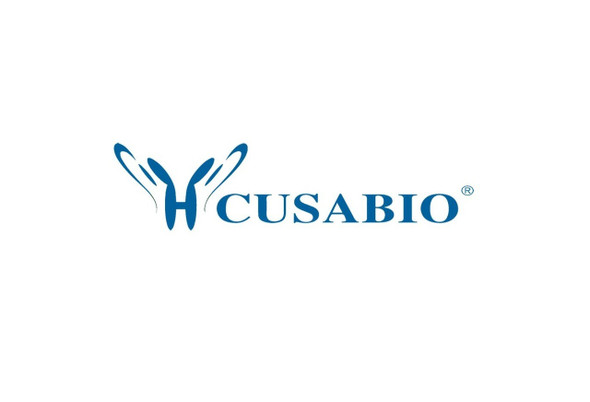Cusabio Polyclonal Antibodies
Phospho-EFNB1/EFNB2/EFNB3 (Tyr324) Antibody | CSB-PA142593
- SKU:
- CSB-PA142593
- Availability:
- 3 to 7 Working Days
- Size:
- 100ul
Description
Phospho-EFNB1/EFNB2/EFNB3 (Tyr324) Antibody | CSB-PA142593 | Cusabio
Phospho-EFNB1/EFNB2/EFNB3 (Tyr324) Antibody is Available at Gentaur Genprice with the fastest delivery.
Online Order Payment is possible or send quotation to info@gentaur.com.
Product Type: Polyclonal Antibody
Target Names: EFNB1/EFNB2/EFNB3
Aliases: EPL2; CEL5-L; EFL-3; EFNB1; ELK-L
Background:
This gene encodes a member of the ephrin family. The encoded protein is a type I membrane protein and a ligand of Eph-related receptor tyrosine kinases. It may play a role in cell adhesion and function in the development or maintenance of the nervous system.
Beckmann M.P., EMBO J. 13:3757-3762 (1994) .
Davis S., Science 266:816-819 (1994) .
Fletcher F.A., Submitted (JAN-1997) to the EMBL/GenBank/DDBJ databases.
Isotype: IgG
Conjugate: Non-conjugated
Clonality: Polyclonal
Uniport ID: P98172/P52799/Q15768
Host Species: Rabbit
Species Reactivity: Human, Mouse, Rat
Immunogen: Peptide sequence around phosphorylation site of tyrosine 324 (G-D-Y (p) -G-H) derived from Human Ephrin B1/B2/B3 .
Immunogen Species: Human
Applications: ELISA, WB, IHC
Tested Applications: ELISA, WB, IHC;WB:1:500-1:1000, IHC:1:50-1:100
Purification Method: Antibodies were produced by immunizing rabbits with synthetic phosphopeptide and KLH conjugates. Antibodies were purified by affinity-chromatography using epitope-specific phosphopeptide. Non-phospho specific antibodies were removed by chromatogramphy using non-phosphopeptide.
Dilution Ratio1: ELISA:1:2000-1:10000
Dilution Ratio2: WB:1:500-1:1000
Dilution Ratio3: IHC:1:50-1:100
Dilution Ratio4:
Dilution Ratio5:
Dilution Ratio6:
Buffer: Rabbit IgG in phosphate buffered saline (without Mg2+ and Ca2+), pH 7.4, 150mM NaCl, 0.02% sodium azide and 50% glycerol.
Form: liquid
Storage: Upon receipt, store at -20°C or -80°C. Avoid repeated freeze.
Initial Research Areas: Signal Transduction
Research Areas: Neuroscience;Developmental biology;Signal transduction






